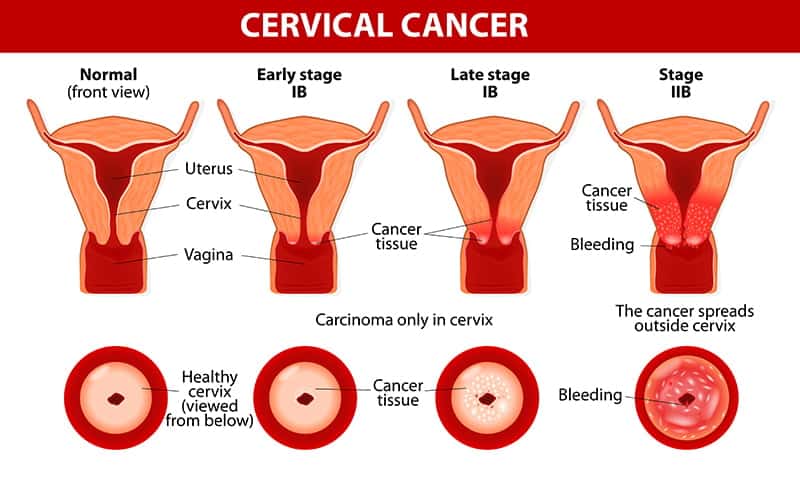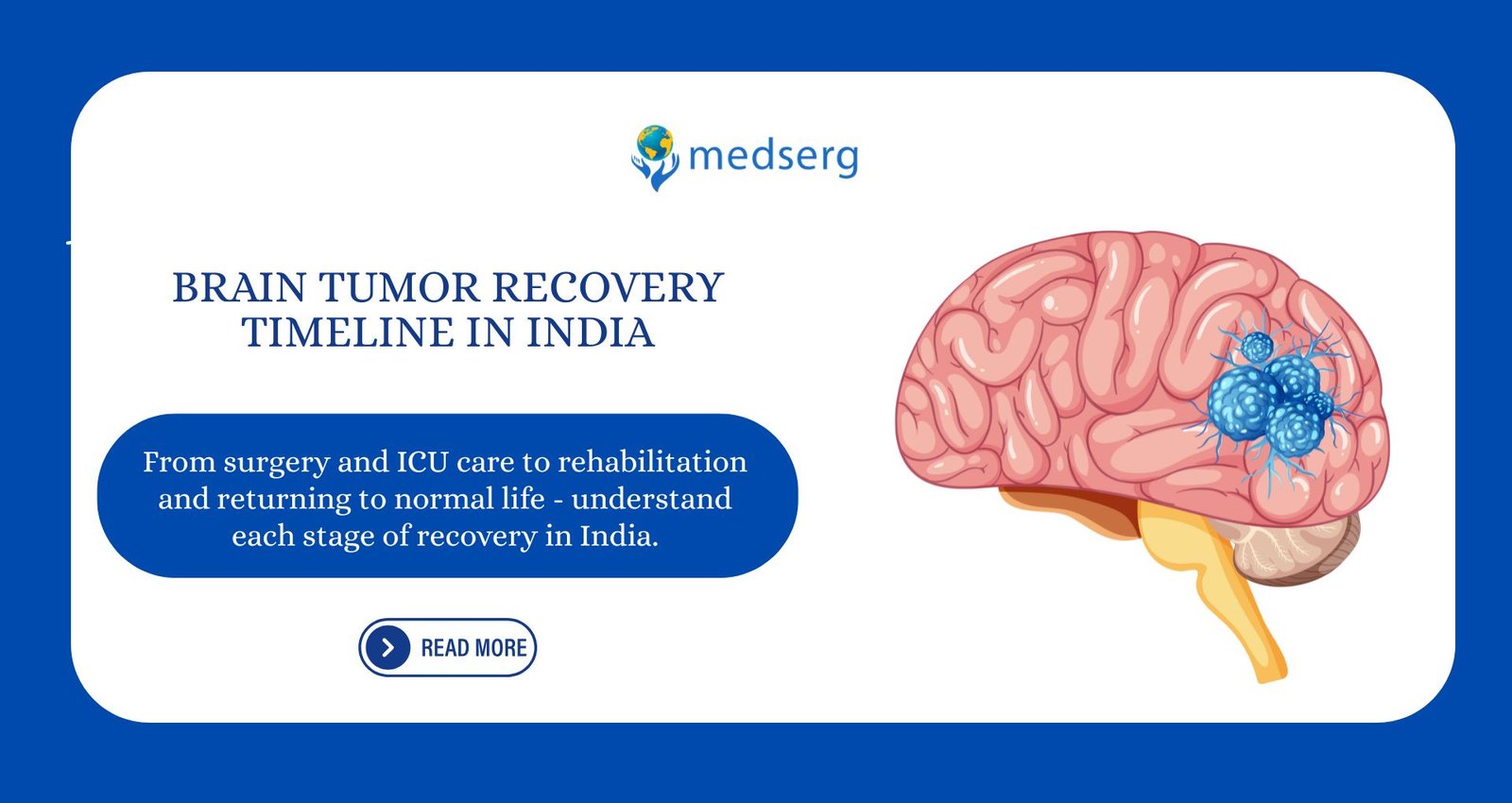The cervix is the lowermost part of the uterus and is a common site of cancer in women. Unlike most other cancers, cervical cancer is preventable, can be diagnosed early, and can be cured.
What causes cervical cancer?
Virtually all cases of cervical cancer are caused by a virus known as Human Papilloma Virus (HPV). Most of the time, the body clears the virus. Persistent infection can lead to the development of cervical cancer. The estimated time between infection and occurrence of cancer is between 10-15 years. Other risk factors are:
- Smoking
- Use of oral contraceptive pills
- The weak immune system, like in patients with HIV infection
- Using medicines to treat cancer
- Giving birth to too many children
What are the common symptoms of cervical cancer?
Early-stage of the disease may be silent, and diagnosis at such a stage is performed by screening tests. Patients with advanced stage may present with the following symptoms:
- Vaginal bleeding after menopause or in between periods (may be the first symptom of cervical cancer)
- Vaginal bleeding after intercourse or pain during intercourse
- Foul-smelling discharge
- Difficulty during passing stool
- Blood in the stool or blood in the urine
- Pain during passing urine
- Swelling in feet
- Pain in the lower abdomen or backache
- Tiredness
Many of these symptoms may occur with other diseases as well; hence a detailed workup is required to confirm the diagnosis.
How is the diagnosis of cervical cancer made?
Whenever cervical cancer is suspected, a detailed evaluation of the patient is done. The patient should discuss all the symptoms, following which a detailed physical examination is performed. In addition, the following tests are performed to reach the diagnosis:
- PET CT
- MRI
- Ultrasound
- Blood tests
- Biopsy- A biopsy is performed to confirm the diagnosis. A biopsy can be done as an outpatient procedure mostly, but sometimes needs to be performed under anaesthesia in a minor operation theatre. If the tumour is small and is in the initial stage, the whole tumour can be removed during the biopsy. An acetic acid or lugol’s iodine solution can sometimes be applied to the cervix before the biopsy for better localisation.
- Fertility-sparing surgery can be performed in young women with early-stage disease who wish to preserve their uterus and ovaries.
What are the stages and treatments of cervical cancer?
Staging is performed before planning further treatment. Tests are performed to define the extent and stage of the disease. The stages ar as follows:
- Stage I – The tumour is confined to the cervix; this stage can be further classified into 1A and 1B.
- Stage IA – Stage IA tumours are treated either by local surgery known as colonisation or by removal of the uterus (hysterectomy).
- Stage IB – For IB and higher stages, radiotherapy, chemotherapy and surgery are performed.
- Stage II – Tumour has involved either the upper part of the vagina or tissue surrounding the uterus.
- Stage III- Tumour has spread to the ureter, the lower part of the vagina, the pelvic wall or lymph nodes.
- Stage IV – Tumour has involved the urinary bladder, rectum, liver or lungs.
What is the life expectancy of patients with cervical cancer?
Most patients with cervical cancer can be cured of cancer. 70% of patients with cervical cancer can expect to live beyond 5 years and more. In patients with very early disease, 5-year survival is more than 90%. If the tumour involves surrounding tissue, the 5-year survival is 60%. If the tumour has involved distant organs like the liver and lung, 5-year survival is 15-20%.
These figures are rough estimates only; survival in a given patient depends on many other factors which can be discussed with the treating doctor.
Medserg has the best cardiac surgeons in India who are available round-the-clock to offer you an online consultation. All our doctors are highly qualified and experienced to ensure that all your heart-related conditions are taken care of.























